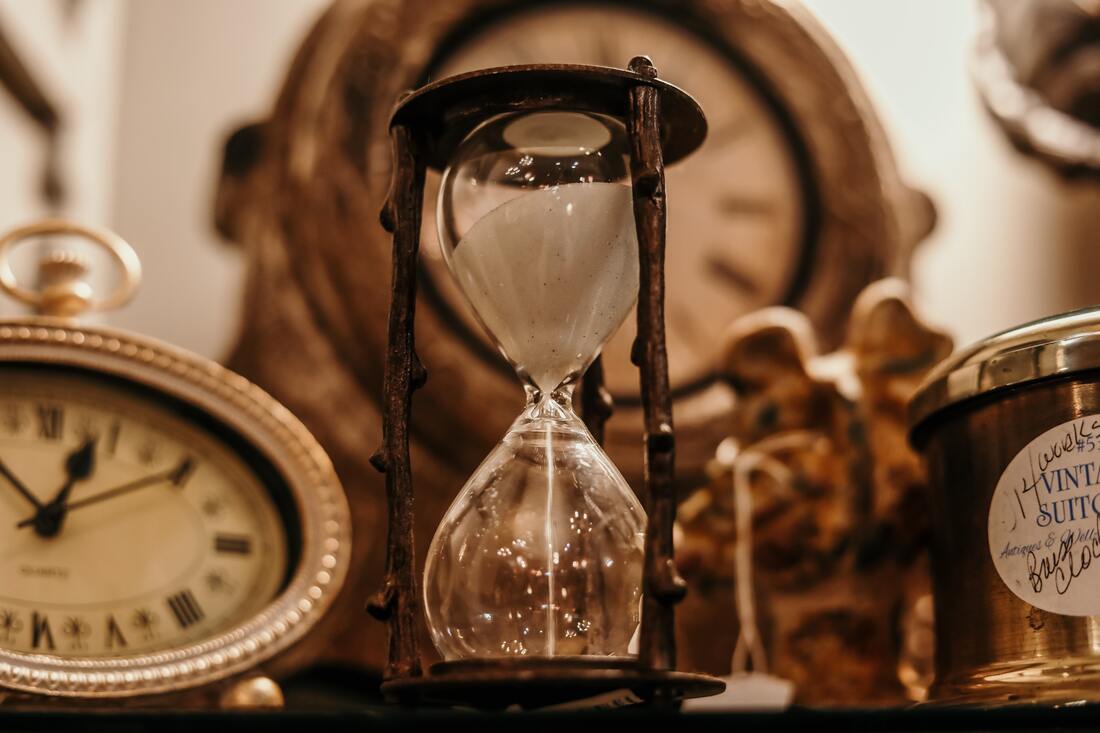|
People say age is only a number. Hah! It’s much more than a number. It’s how people see you or think about you or find you interesting enough to get to know you. Ageing, especially for women, gets a bad press. It’s good to be young, bad to be old and wrinkled and saggy. Ads and culture say: Do what you can to look and feel younger. It’s almost an obligation to avoid looking or acting old, whatever that means. Old people—no particular age designated—are used up, washed up, of no value except as consumers of products and places especially designed for old people.
People tell old people: be careful, watch your step, don’t rush, don’t take risks, don’t climb a ladder, don’t, don’t don’t. And for the do’s . . . Do rest. Do take it easy. Do live in adult only communities. Do be careful. Do accept that your time as a sexual, vital person is over. Be afraid you might fall. Be afraid you might be lonely. Recognize that society regards you as a person whose time of contribution is over. Retire with grace and acceptance—out of sight. Claptrap! Do I sound angry? Annoyed? Frustrated? Tired of dealing with clichés? Making a big fuss about nothing? Are you ready to tell me about all the wonderful old people you know who do amazing things? That’s like saying, “One of my best friends is a . . .” Proves nothing and doesn’t change the generalizations that fuel movies, television, and social media. How we age is a crapshoot, dependent on genes, luck, attitude, luck, self-care, determination, luck. Why so much luck? Because things happen that we can’t foresee . . . I bought a house in Santa Fe, when I wasn’t looking, quit my teaching job, and moved 2,000 miles when I was 65, to a place where I hardly knew anyone, with no idea who I’d be when I was no longer a university professor—an identity I’d had for 35 years. As it turned out, my son called shortly after I moved and said, “Mom, now that you’re not a professor you’ll need new business cards. I’ll make them for you. What should I write?” I didn’t even hesitate. “Storymaker.” There went my identity crisis. Does your identity depend on your work? If so, what happens when you stop doing the work you’ve been doing? Who will you be? How will you know? Ageing is a mindfuck because it’s full of traps. Take me for example: I hike three times a week, often on a steep trail, by myself, in all kinds of weather, doing between 4 and 8 miles regularly. And yet, when I’m invited to do a longer hike—8-14 miles I now question whether I can do it. There’s no evidence I can’t. There’s every bit of evidence that I can, and yet the number 84—almost 85—gets in my way. I have to work hard to separate reality from fear, and it’s the damn number that causes the trouble. I read this statement in an article in the NY Times on Friday, March 31, 2021: Most of us, as we get older, will find that our ability to remember and think dulls a bit. This is considered normal, if annoying. How the fuck do they know this? From whom did they get this information? How many people did they interview to decide this? How old were the people, if they interviewed anyone? What were their lives like? And why should it be considered normal if annoying? I just wonder how much of aging is self-fulfilling prophecy. Maybe my disinterest in “normal” is serving me well as I “age,” like wine in a bottle.
0 Comments
Leave a Reply. |
Monthly StoriesStories inspired by world tales to challenge and comfort. Archives
July 2024
Categories |
Copyright © Nancy King 2020 | Site Design by Angulo Marketing & Design
|
|
Nancy King is a widely published author and a professor emerita at the University of Delaware, where she has taught theater, drama, playwriting, creative writing, and multidisciplinary studies with an emphasis on world literature. She has published seven previous works of nonfiction and five novels. Her new memoir, Breaking the Silence, explores the power of stories in healing from trauma and abuse. Her career has emphasized the use of her own experience in being silenced to encourage students to find their voices and to express their thoughts, feelings, and experiences with authenticity, as a way to add meaning to their lives.
|


 RSS Feed
RSS Feed